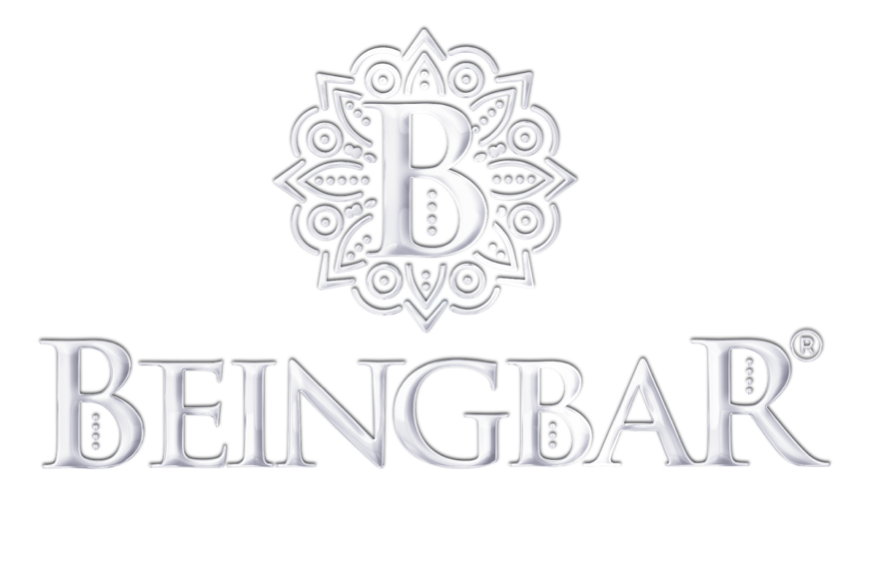You read the term often enough, especially on products and their packaging. Eco friendly. But what does it mean exactly? Just like with the article about sustainability we posted recently, I plan to to go in-depth and explain what eco friendly means.
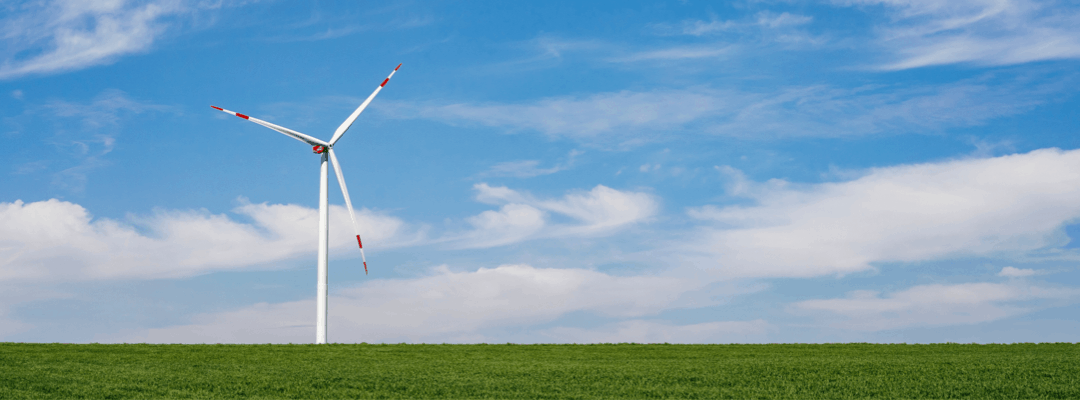
Eco-friendly, what does it mean exactly
The meaning of eco friendly
Eco-friendly literally means not harming the environment or nature. But it is more and more used to indicate the least harmful or polluting alternative. The term is often used for a product, action or activity that is considered the best suitable alternative. Eco-friendly products prevent contributions to air, water and land pollution.
Examples of eco friendly products are products that are compostable or easily/efficiently recyclable. Examples of eco friendly lifestyle choices are traveling by train or wearing second hand.
(Later in this article you'll find a Top 15 eco friendly lifestyle choices)
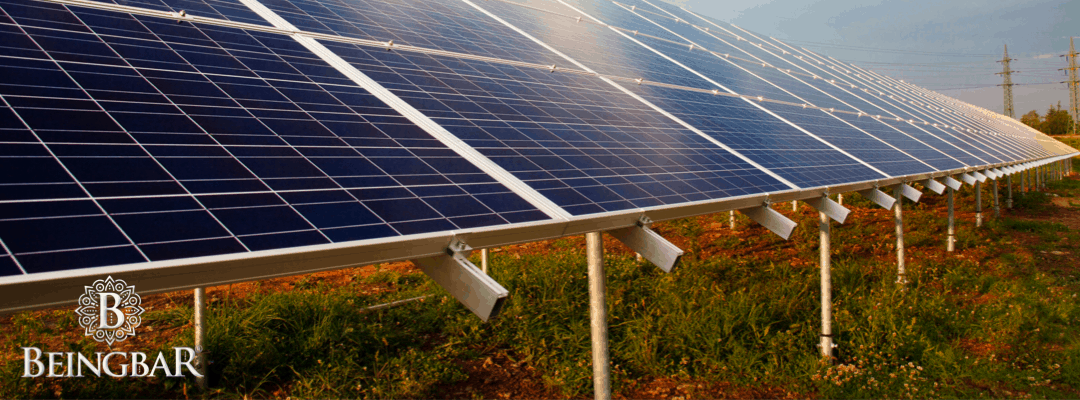
Eco-friendly sometimes indicates the best suitable alternative
Synonyms for eco friendly
The word is used often together with other related words, that are clearly not the same. Examples of related terms are "nature-friendly", "sustainable", ecological, "green" and "climate friendly". These are all popular buzzwords that are used as indication that a product, action or activity is considered to be less polluting than other alternatives.
Other synonyms are environmentally-friendly, non-polluting, organic, energy-saving. Again, these words are either (mis) used as synonyms or used in the same sentence together with sustainable
Eco friendly on Wikipedia
An interesting detail is that searching for the term eco-friendly on Wikipedia leads to a page about the topic "environmentally friendly". That says something about how all these terms are being used as interchangeable.

Eco-friendly lifestyle choices make a difference
Eco friendly lifestyle
When you lead an eco friendly lifestyle it means that you live your life in such a way that is not harmful to the environment. For eco-friendly products this means that they are either compostable, recyclable or reusable. In case you are not sure about the difference:
- Compostable (materials that disintigrate into natural elements and leave no toxic residues)
- Recyclable (material that can be turned into the same or other materials for reuse)
- Reusable (can be used again in its current form, either for the same or other purposes).
In case you are not sure what the difference is literally means earth-friendly or not harmful to the environment (see References 1). This term most commonly refers to products that contribute to green living or practices that help conserve resources like water and energy. Eco-friendly products also prevent contributions to air, water and land pollution.
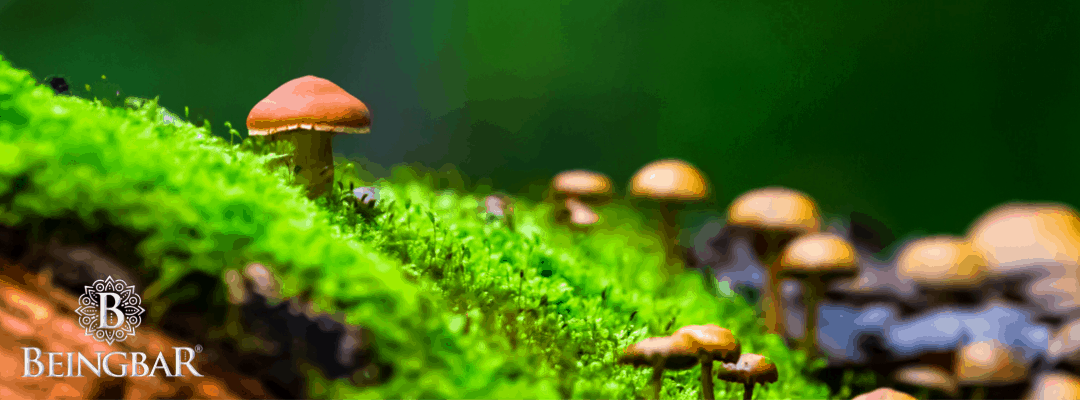
There are many examples of eco-friendly lifestyle choices
Top 15 eco friendly lifestyle choices
Here are 15 examples of how you can lead a more eco friendly lifestyle. You can choose to pick a few that fit your current lifestyle or that you can relatively easily adopt.
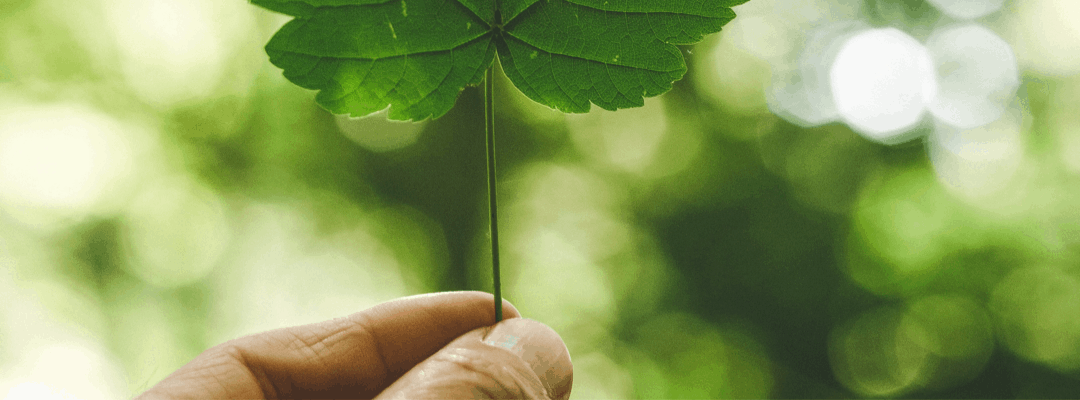
Eco and eco-friendly are only partially protected terms
Is it a protected term?
Eco friendly is not a protected term. As I already mentioned the term is often used beyond what it originally indicated. It is now used to indicate a least polluting or harmful alternative instead of a non-polluting or harmful one.
Although there is some form of regulation in the form of standardisation by the International Organization for Standardization (ISO). ISO 14020 and ISO 14024 cover principles and procedures for environmental labels. Certifiers and eco-labellers need to adhere to these standards to keep their ISO certification.
Eco friendly logo versus EU Eco label
In principle anyone can use the word eco for their products and services. The term is not protected and therefore you could call it ambiguous. It is only protected by moral standards, not law. Although the word "eco" is not protected, there is a protected eco certification from the EU.
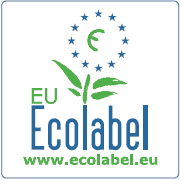
EU Ecolabel is a protected label from the EU
Eco friendly materials
If products are biodegradable they are eco friendly. This means they disintigrate into natural elements and leave no toxic residues in the process. Or materials could be easily recyclable. Specific examples of eco friendly materials are bamboo, sustainably sourced wood and unbleached hemp. Most materials that dissolve quickly and leave no poinonous resudues in the process are the most eco friendly choices.
So, this concludes this article about eco friendly and what it actually means. Are you interested in reading more about eco-friendly high quality sunglasses? And more specifically in shades that take a different approach. BEINGBAR shades are the ultimate conscious and sustainable sunglasses, made with natural materials. For people who make their own conscious choices. Click here to read more. Or visit BEINGBAR.com
About BEINGBAR
At BEINGBAR we walk the talk. Our journey started in 2011 and we set out to make eco friendly and sustainable fashion accessories and eyewear. It's the core pillar of what we do. Unlike big companies we didn't just carefully change one production line to "see how the market responds" or have a requirement to "launch at current profit levels". We had an idea about how to do things better and as a team we simply made it happen. And since that moment we work everyday to make it better.
Most of our eyewear is made with fastgrowing bamboo elements and we avoid the use of plastics at all cost in products, production and logisics. And more importantly, we make sure or products are built to last, not to replace.
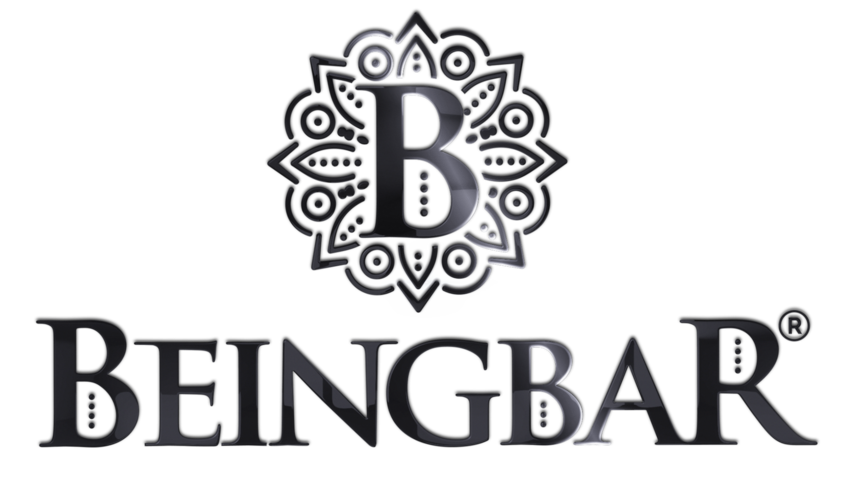
Not sure the best way to get started? Follow these simple steps to hit the ground running:
Step #1 - Understand What Sunglasses Features You Need:
Sunglasses FAQ | Polarized Lenses | UV 400 Label
Wooden Sunglasses | Best Sunglasses For Men
Step #2 - Select Your Perfect Sunglasses:
Size Guide | Face Shape | Select Your Perfect Pair
Step #3 - Ordering and Maintenance of Your Sunglasses:
Shipping and Handling | Packaging Policy
Cleaning Your Sunglasses | Maintenance
Step #4 - Connect With The Community:
Interact On Blog | Facebook | Instagram
YouTube | Twitter | Become an Affiliate
Sustainability:
Made To Last | Environmentally Friendly
